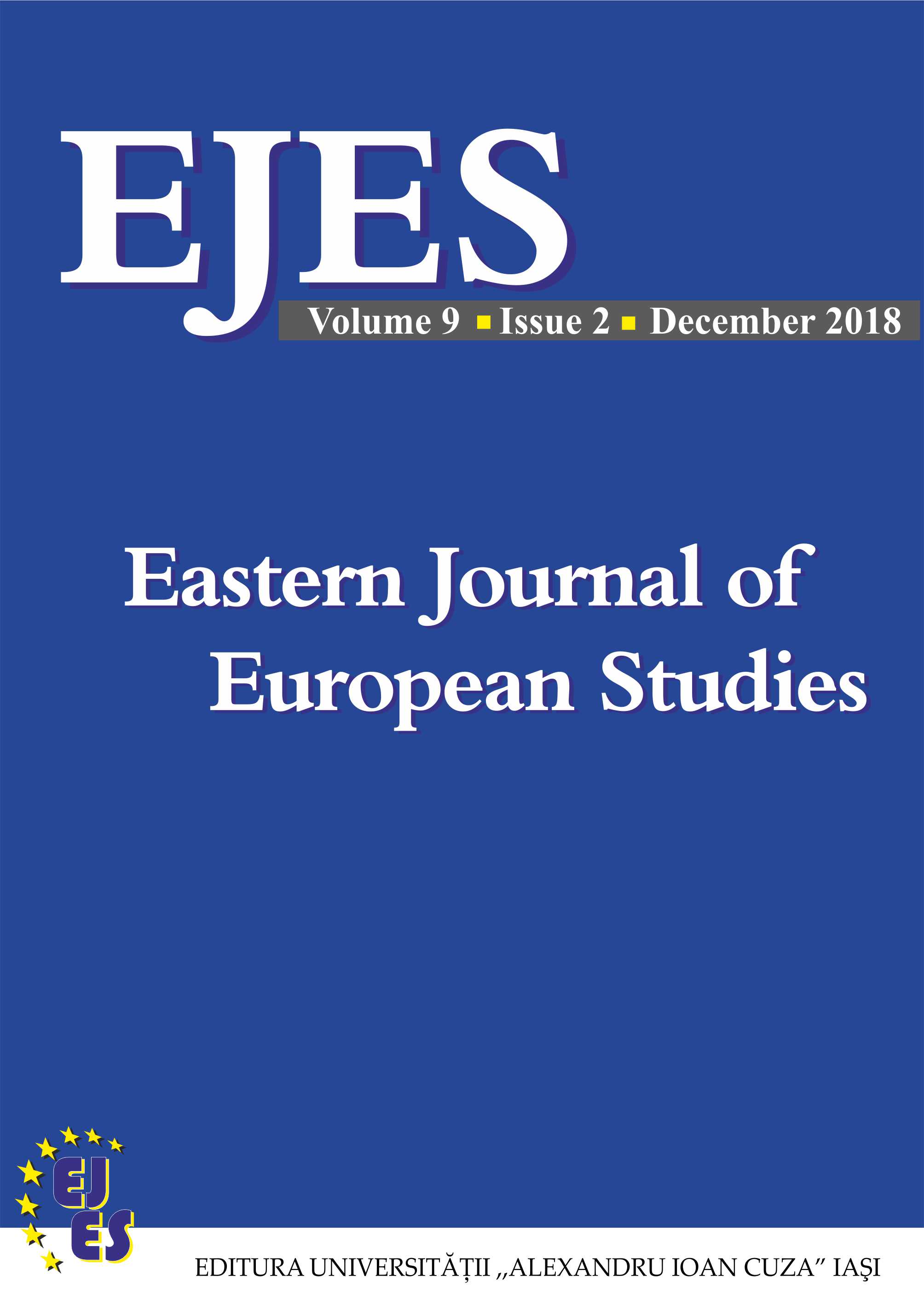Explaining informal entrepreneurship in South-East Europe: a tax morale approach
Explaining informal entrepreneurship in South-East Europe: a tax morale approach
Author(s): Colin C. Williams, Slavko BezerediSubject(s): Economy, National Economy, Public Finances
Published by: Editura Universităţii »Alexandru Ioan Cuza« din Iaşi
Keywords: informal economy; shadow economy; entrepreneurship; tax morale; institutional theory;
Summary/Abstract: Conventionally, entrepreneurs participating wholly or partially in the informal economy were explained as rational economic actors doing so when the benefits outweigh the costs. However, the finding that many entrepreneurs do not operate in the informal economy even when the pay-off is greater than the costs has led to the emergence of a new tax morale approach. Grounded in institutional theory, this asserts that formal institutional problems lead to an asymmetry between the laws and regulation, and entrepreneurs’ views on the acceptability of informality. The greater this asymmetry (measured by the level of tax morale), the greater is the prevalence of informal entrepreneurship. To evaluate this, interviews with a nationally representative sample of 1,430 entrepreneurs in Bulgaria, Croatia and FYR Macedonia are reported. Using an ordered logit model, the contribution of this paper is to reveal that entrepreneurs operating in the informal economy have significantly lower tax morale, and that the formal institutional problems associated with lower tax morale include a lack of tax fairness, corruption and political instability. The theoretical and policy implications are then discussed.
Journal: Eastern Journal of European Studies
- Issue Year: 9/2018
- Issue No: 2
- Page Range: 47-68
- Page Count: 22
- Language: English

